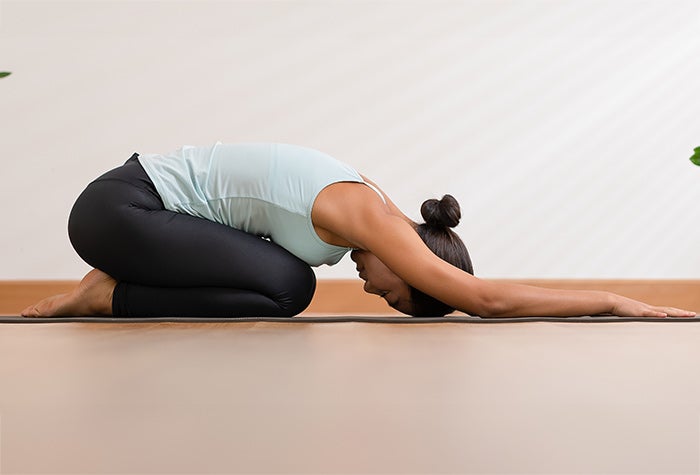Written by the Faculty of Science
Just another day for science support dogs
"Whatever humans need, he'll need." That was the answer Sophie was given when she asked what her registered service dog, Sam, might require when he entered her chemistry lab with her. "He needs protection, just like you. That means goggles, coat, and footwear." That's when she got doggles for Sam, specific protective eyewear for dogs.
“He doesn’t really like the doggles too much, but he tolerates them. The coat and booties are no problem.” And just like that, Sam was introduced to the world of science.
How does Sam help Sophie? He’s her service dog — he knows her emotions and anxiety — knows when to step in and calm her down when things are overwhelming. Sam’s care is her responsibility too — she needs to get out of bed and make sure he’s walked and fed, and in turn, that makes her take care of herself.
When you have a service dog, who helps you to manage your anxiety, there are plenty of things you need to consider when you come to university. Luckily, for Sophie and Sam, how the university responds to the request of a service dog wasn’t one of them.
“I reached out to the AccessAbility Services office to find out what Sam would need in terms of paperwork and requirements.” Sophie, who’s in the Biomedical Sciences program at Waterloo, recalls the process of ensuring Sam, a white Maltese, would be welcome on campus. “It was surprisingly simple — everyone was really supportive and I ended up in a residence that’s quiet and has extra room for Sam to run around in.”
“I was already anxious about coming to a big campus community — I’m from a small town — so having one less thing to worry about made a huge difference. Everyone has looked at Sam’s presence as natural and with a great deal of support.” And those labs? It turns out Sam enjoys them because they are a chance to doze off. Sophie provides a small bed and he just makes himself at home at her feet while she works on her experiments and reports.

A dog's take on campus life
How did Sam react to coming to the Waterloo campus in particular? “We’ve had to do some geese training, that’s for sure. The geese back home just fly away, unlike here. So, we’ve worked on how to walk around them and not chase or bark at them.” He also got to participate in the Secret Science Dance, a popular part of orientation. Sophie just strapped him to her chest and the two of them learned a new dance that only Science students know.
He’s also a great icebreaker for Sophie, who is typically shy around new people. Everyone just loves seeing him around campus and he makes everyone else happy — a win-win situation for Sophie and Sam.
“Sam’s helped me transition, that’s for sure. But the school has also been great about it. Accessibility seminars, counselling services, they’re all made available to me. I haven’t needed them yet, but just knowing they exist has been a huge weight off my shoulders.”
Sophie’s ready for her next adventures in science — and Sam and his doggles has made it that much better.

Related articles

Looking after your mental health
Being a healthy human being is about a lot more than just eating healthy and being physically active, although those are a big part of it.

Preparing for labs in university
Science labs can really help you understand and apply what you’ve learned in a lecture, and depending on what you're learning about, they can really blow your mind. For those of you who are already excited about university labs (I've been there!), here are the answers to some questions you've been wondering about.

How to deal with stress in healthy ways
Dealing with stress can be stressful on its own. You have to figure out how to cope with it while also looking for ways to eliminate it, not to mention dealing with the thing that’s actually causing the stress.

